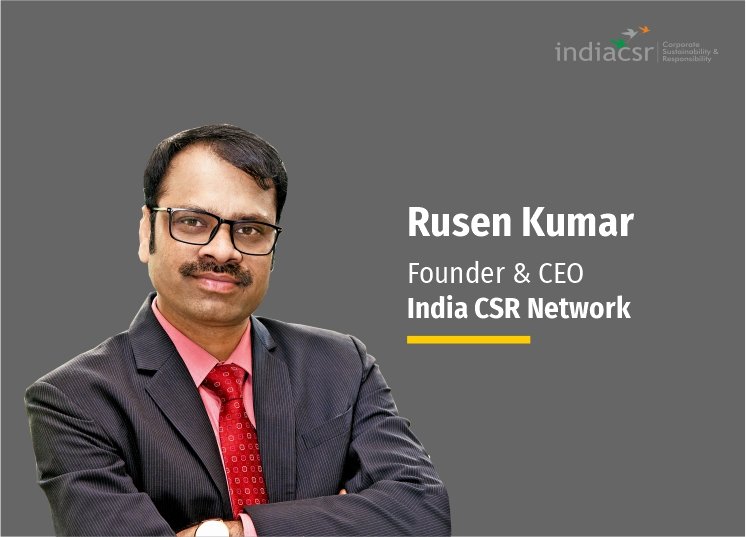India’s online gaming sector is set for explosive growth, with projections indicating a rise from its current valuation of $3.1 billion to an impressive $60 billion by 2034. Despite facing hurdles related to regulation and taxation, industry leaders and stakeholders remain optimistic about the sector’s future potential.
A Growing Market with Global Confidence
The sector’s growth is attracting significant global attention. The United States has been a key player, contributing $1.7 billion out of the total $2.5 billion in Foreign Direct Investment (FDI) into India’s gaming market. Dr. Mukesh Aghi, President and CEO of the United States India Strategic Partnership Forum (USISPF), remarked, “This reflects the immense confidence global investors have in India’s rapidly growing gaming market, which is projected to become a $60 billion opportunity by 2034.”

The majority of this investment—around 90%—flows into the pay-to-play segment. This segment accounts for nearly 85% of the industry’s total valuation, underscoring the potential of monetizing India’s massive gaming audience.
Regulatory Challenges: A Roadblock to Growth
However, the sector faces significant regulatory and taxation challenges. India imposes a 28% Goods and Services Tax (GST) on the total deposits made by players, making it one of the highest tax rates globally. According to the USISPF and TMT Law Practice report, “India stands out for its high tax rate, which poses challenges for industry growth and investor confidence.”
The report highlighted the need for differentiation between online gaming and online gambling for taxation purposes. The United Nations Central Product Classification (UN CPC) framework, used by many countries for tax guidelines, makes a clear distinction between these two categories. Yet, India’s policies remain restrictive, potentially stifling the sector’s growth.
A Call for Progressive Policies
With over 600 million gamers, India has a vast consumer base ready for monetization. Industry experts argue that this demographic presents a unique export opportunity, which could boost India’s position in the global gaming arena. However, they emphasize the importance of a more supportive regulatory environment.
“For Indian companies to compete on a global stage, we need a level playing field with progressive tax and regulatory policies that align with international standards,” Dr. Aghi added. Such reforms could enable India to unlock its gaming potential and attract more investments.

Responsible Gaming in a Democratic Market
As India’s gaming market grows, there is a rising need for responsible gaming practices that align with its democratic ethos. Rusen Kumar, Founder and CEO of India CSR, emphasized, “India, as a democratic market, must foster responsible gaming practices that protect consumers while supporting industry growth. Balancing freedom and responsibility is key to ensuring that the sector thrives without compromising on ethical standards.” His insights highlight the need for industry self-regulation and a focus on user safety as essential components for sustainable growth.
Learning from Global Markets
The report reviewed the regulatory frameworks and taxation policies in 12 major gaming markets. It revealed that these countries have separate legal definitions for games of chance and skill-based games. This distinction ensures that skill gaming enjoys fairer regulations, promoting industry growth.

Abhishek Malhotra, a partner at TMT Law Practice, highlighted, “A more nuanced regulatory and taxation regime, similar to those adopted in global markets, would not only provide clarity but also foster sustainable growth in the online gaming sector.” He emphasized that adopting platform revenue or the commission collected as the tax base is essential. This approach could prevent the rise of unregulated offshore markets that threaten both industry stability and government revenues.
The Path Forward
India’s online gaming industry stands at a crossroads. On one side, the potential to reach a $60 billion valuation by 2034 offers a promising future. On the other, regulatory and taxation challenges continue to pose obstacles. The industry’s growth is contingent on creating a balanced environment that aligns with global best practices.
The journey ahead will require a collaborative effort between industry leaders, policymakers, and international investors. As Dr. Aghi aptly put it, “A balanced approach can transform India’s gaming sector into a global leader, creating jobs, boosting exports, and generating revenue for the country.”
India’s online gaming market holds promise. With the right policies, it could become a global powerhouse by 2034. However, achieving this requires a vision that combines growth with fair regulation, ensuring that the sector thrives while contributing to India’s economic progress.
(Inputs from ANI)
Also Read:-
Hindi: https://indiacsr.in/indias-online-gaming-sector-60-billion-opportunity-2034-2/
Marathi: https://indiacsr.in/indias-online-gaming-sector-60-billion-opportunity-2034/
Odia: https://indiacsr.in/india-online-gaming-sector-60-billion-opportunity-by-2034/






















